Personal Inquiry Projects - AI-Driven Educational Projects
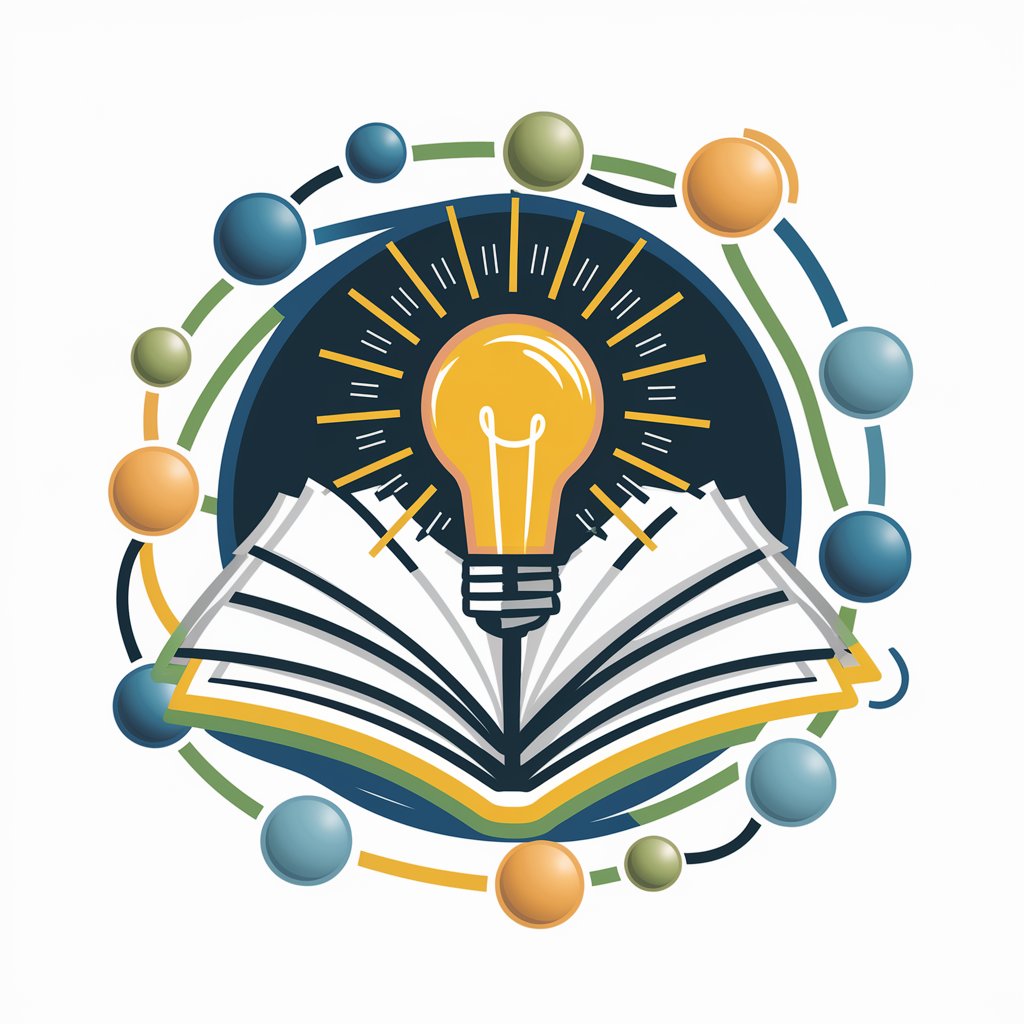
Welcome! Ready to explore and create something amazing together?
Tailoring Learning, Enhancing Potential
Describe a project that allows students to explore their interests while meeting learning objectives.
How can digital tools enhance collaborative learning experiences for students?
What are some creative ways to assess student understanding of a topic?
Design a lesson plan that incorporates both independent and group activities for a diverse classroom.
Get Embed Code
Introduction to Personal Inquiry Projects
Personal Inquiry Projects (PIPs) are designed to facilitate learning through a self-directed, inquiry-based approach, tailored to individual interests, learning preferences, and educational goals. The core idea behind PIPs is to empower learners to take charge of their education by exploring topics of personal interest or relevance, using a variety of learning methodologies. This could involve conducting research, engaging in practical experiments, creating multimedia projects, or any other activities that enable deep learning and understanding. Examples of PIPs include a student designing a small-scale scientific investigation to explore the effects of pollution on local biodiversity, or a learner creating a documentary film to examine a historical event from a new perspective. These projects not only encourage a deeper engagement with the subject matter but also help develop a wide range of skills, including critical thinking, problem-solving, creativity, and communication. Powered by ChatGPT-4o。

Main Functions of Personal Inquiry Projects
Customized Learning Paths
Example
A student interested in environmental science designs a project to study the impact of waste management practices on their community, integrating field research, interviews with local experts, and digital presentations.
Scenario
This function is applied in a scenario where the student's curiosity about environmental issues is channeled into a structured inquiry, facilitating both learning and community awareness.
Skill Development
Example
Creating a digital magazine on 20th-century art movements, involving research, design, writing, and editing skills.
Scenario
In this scenario, a student harnesses their interest in art history and digital media to produce a comprehensive resource, enhancing their artistic knowledge and technical abilities.
Collaborative Projects
Example
Students forming a team to develop an educational escape room based on mathematical concepts, which involves planning, problem-solving, and execution.
Scenario
This function shines in a scenario where students collaborate to apply mathematical knowledge creatively, fostering teamwork and engagement with the subject matter.
Public Sharing and Feedback
Example
Presenting a self-composed music piece in a school assembly or community event, followed by discussion and feedback.
Scenario
This application involves a learner exploring music composition, then sharing their work publicly to receive constructive feedback, enriching their learning experience.
Ideal Users of Personal Inquiry Projects
Students and Learners
Individuals engaged in formal education settings or self-directed learning who are looking for a personalized approach to explore their interests, overcome learning challenges, or deepen their understanding of specific subjects. PIPs cater to diverse learning styles and can be adapted to various educational levels, making them suitable for a wide range of learners.
Educators and Teachers
Educational professionals seeking innovative methods to engage students, differentiate instruction, and foster a culture of inquiry and creativity in the classroom. PIPs provide a framework for guiding students through the learning process, encouraging exploration, and assessing understanding in dynamic and meaningful ways.
Homeschooling Parents and Guardians
Parents or guardians who are educating children at home and looking for structured yet flexible educational projects that align with their child's interests, strengths, and learning objectives. PIPs offer a way to customize learning experiences, ensuring they are both effective and engaging.

Guidelines for Using Personal Inquiry Projects
Free Trial Access
Start by visiting yeschat.ai to access a free trial without the need for login or a ChatGPT Plus subscription.
Define Learning Objectives
Clarify your learning goals or the educational outcomes you wish to achieve with the project.
Select a Project Type
Choose a project type that aligns with your learning style (independent, collaborative, digital, etc.) and interests.
Utilize AI Assistance
Leverage the AI's capabilities for researching, generating ideas, and obtaining tailored project suggestions.
Execute and Reflect
Implement the project and use the AI for ongoing support and feedback, then reflect on the learning outcomes.
Try other advanced and practical GPTs
DIY Projects
Empowering your creativity with AI-driven DIY advice.
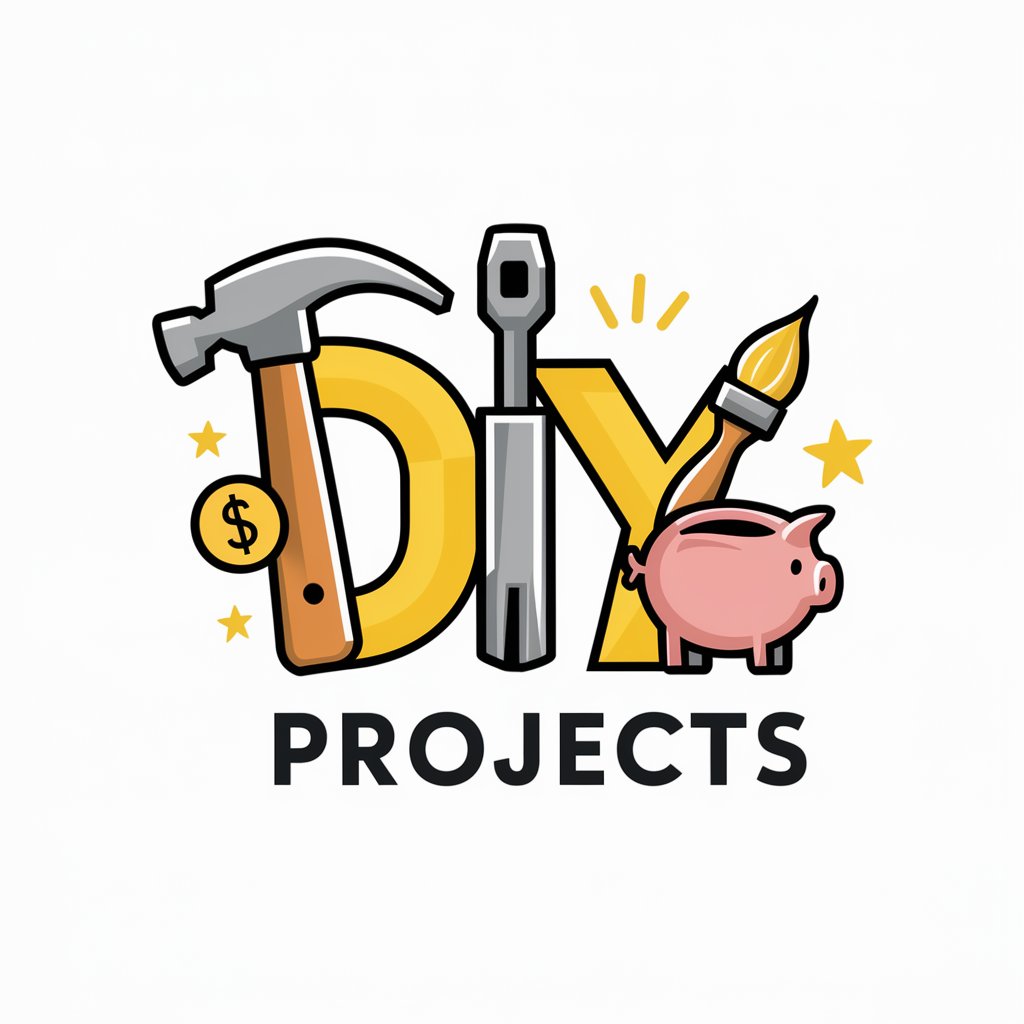
Academic Projects
Empowering Your Career with AI
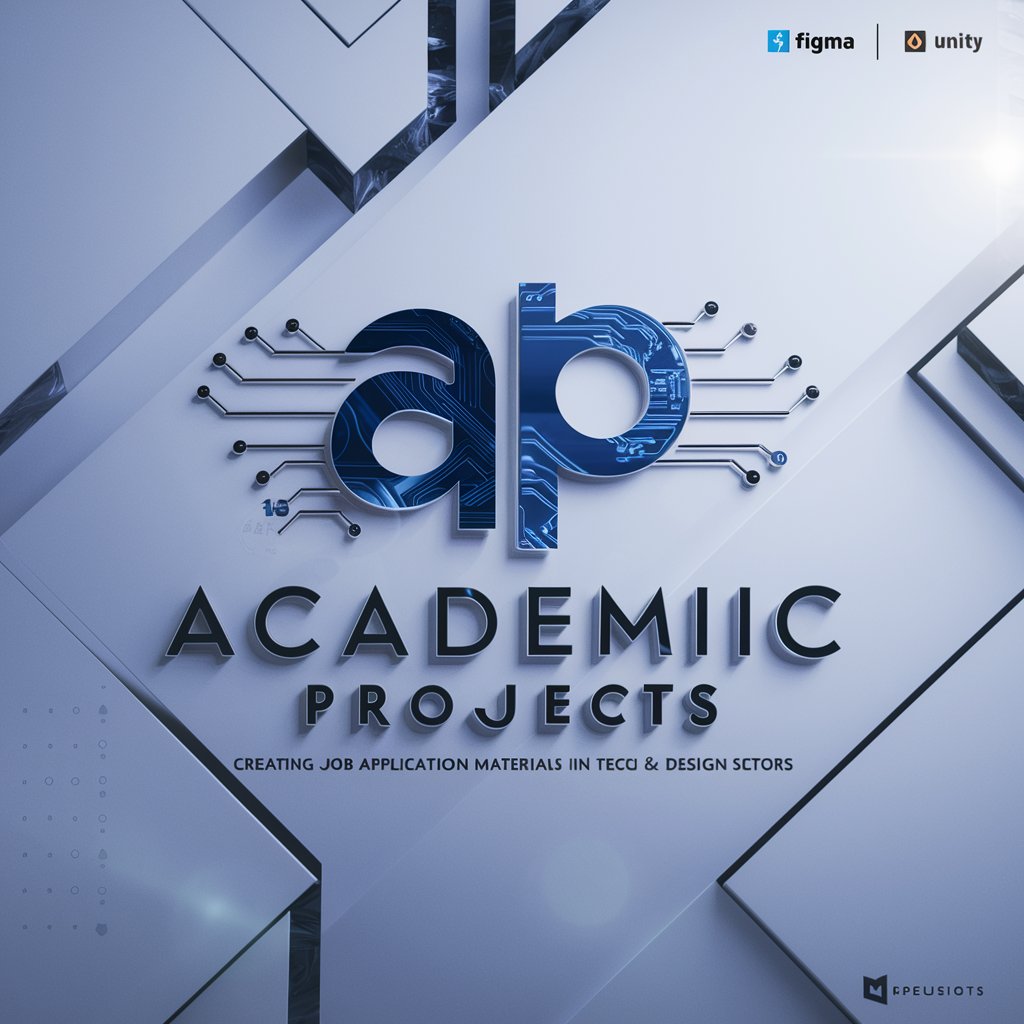
DIY Projects
Empowering Your Creativity with AI
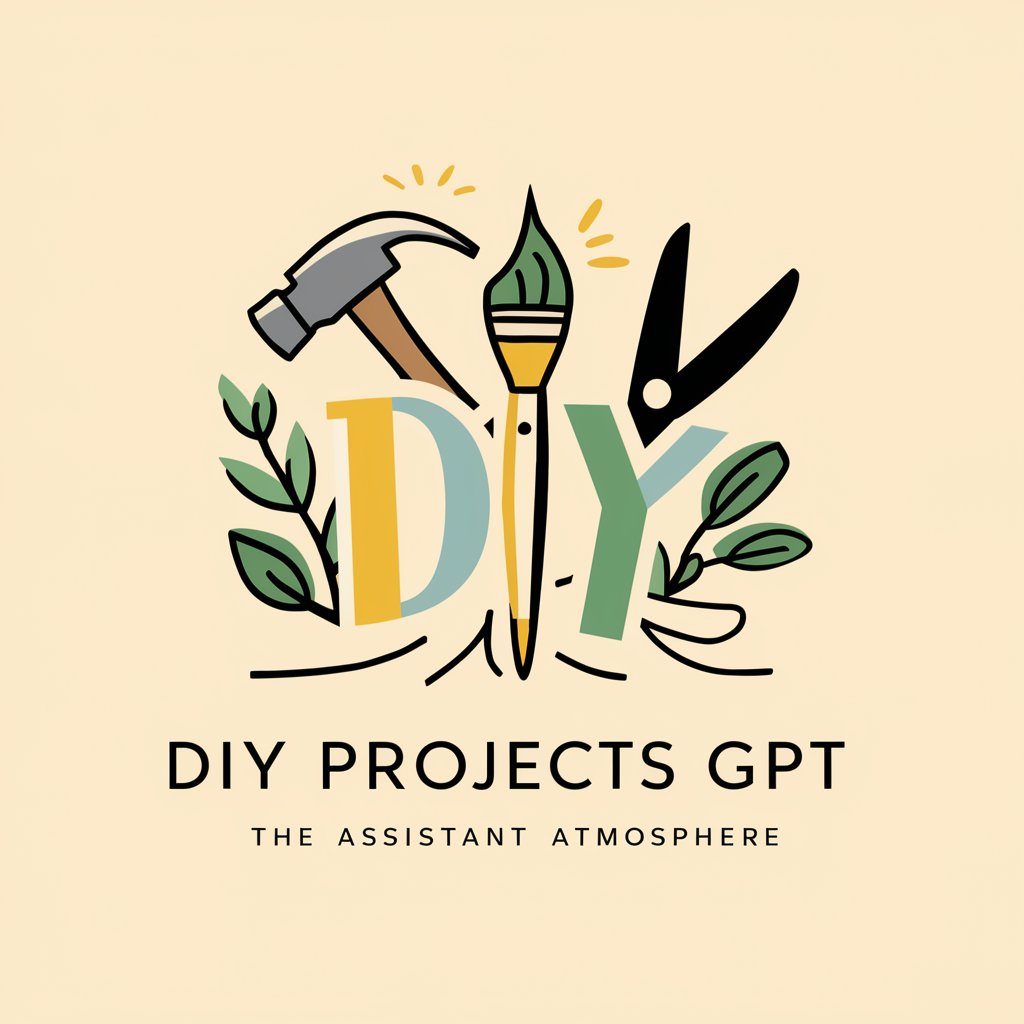
Woodworking Projects for Beginners
Empowering beginners with AI-guided woodworking.

DIY Art Projects Planner
Empowering Your Artistic Journey with AI
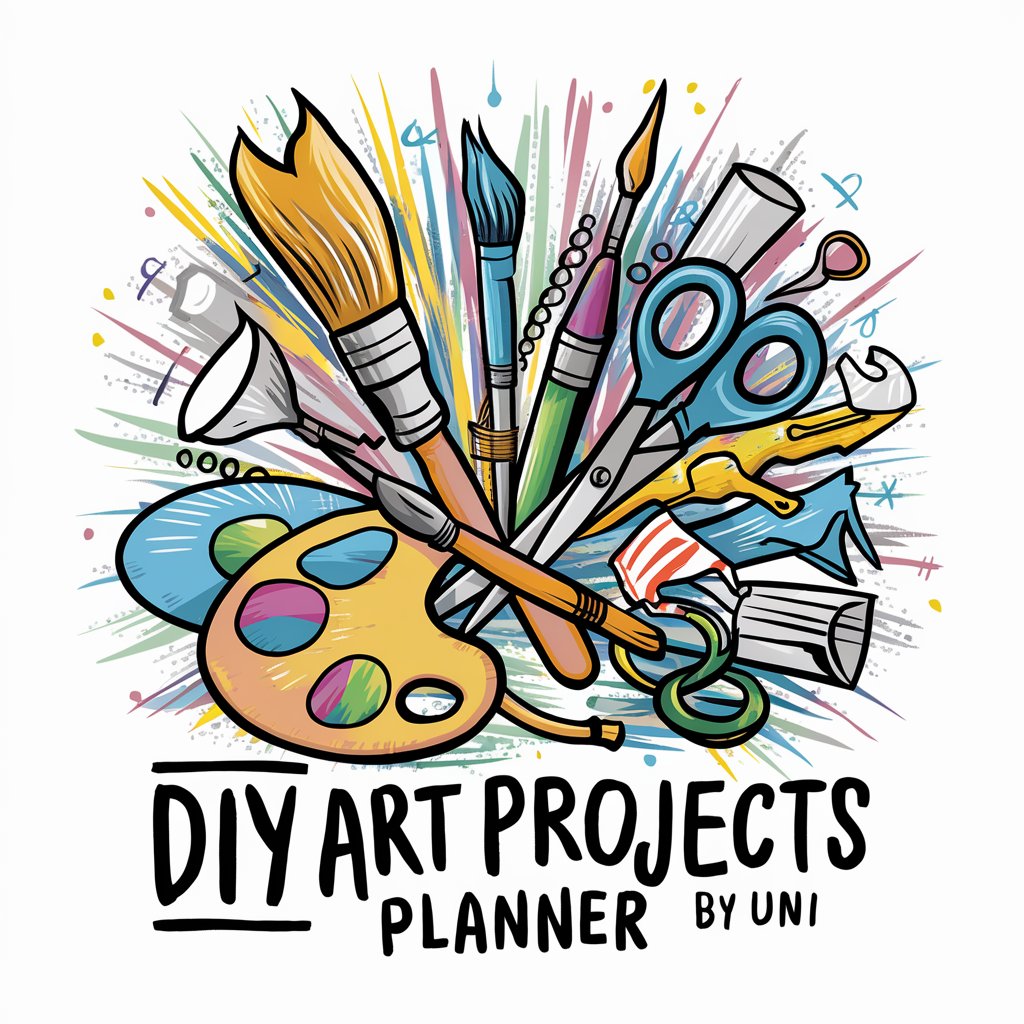
Yousef - Cars Content GPT
AI-powered insights for Saudi cars

DIY Crafts & Projects
Empowering creativity with AI-guided DIY projects
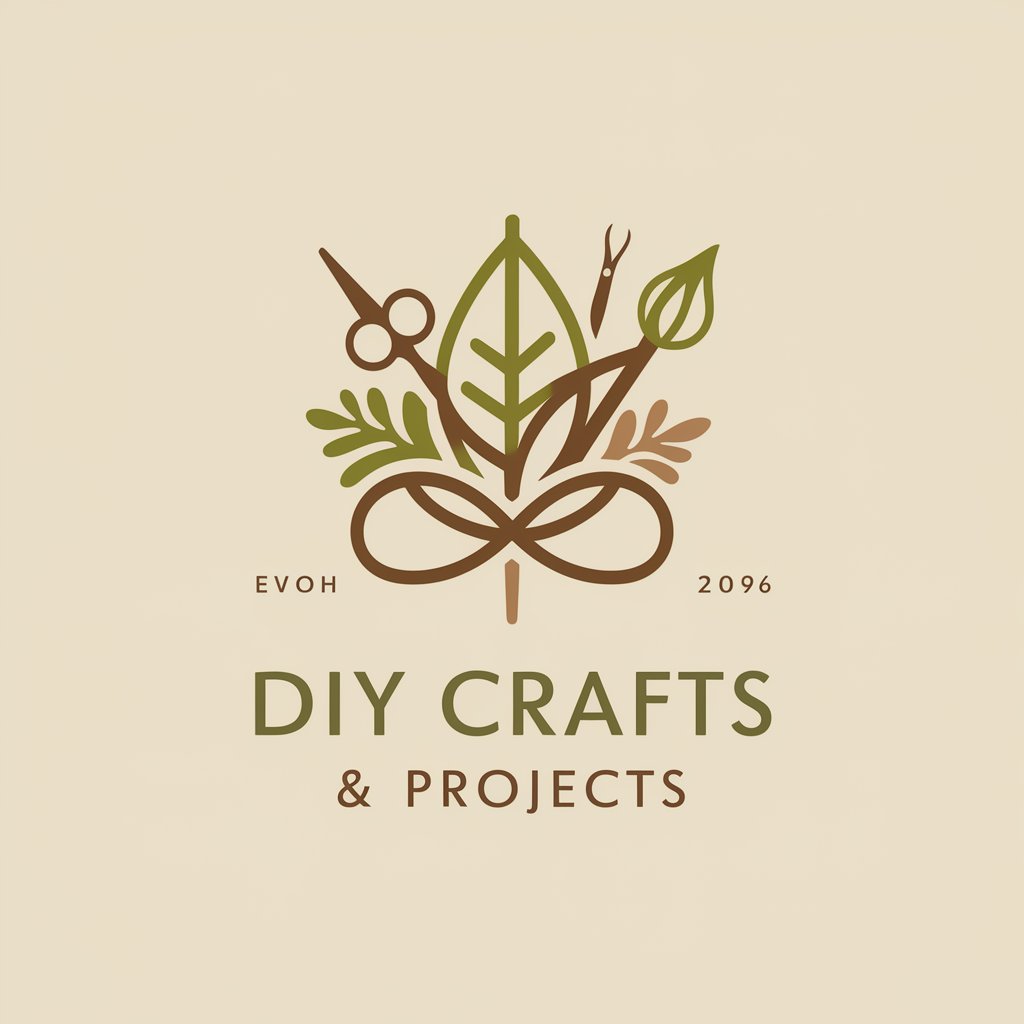
Software Development Projects
Empowering projects with AI-driven insights
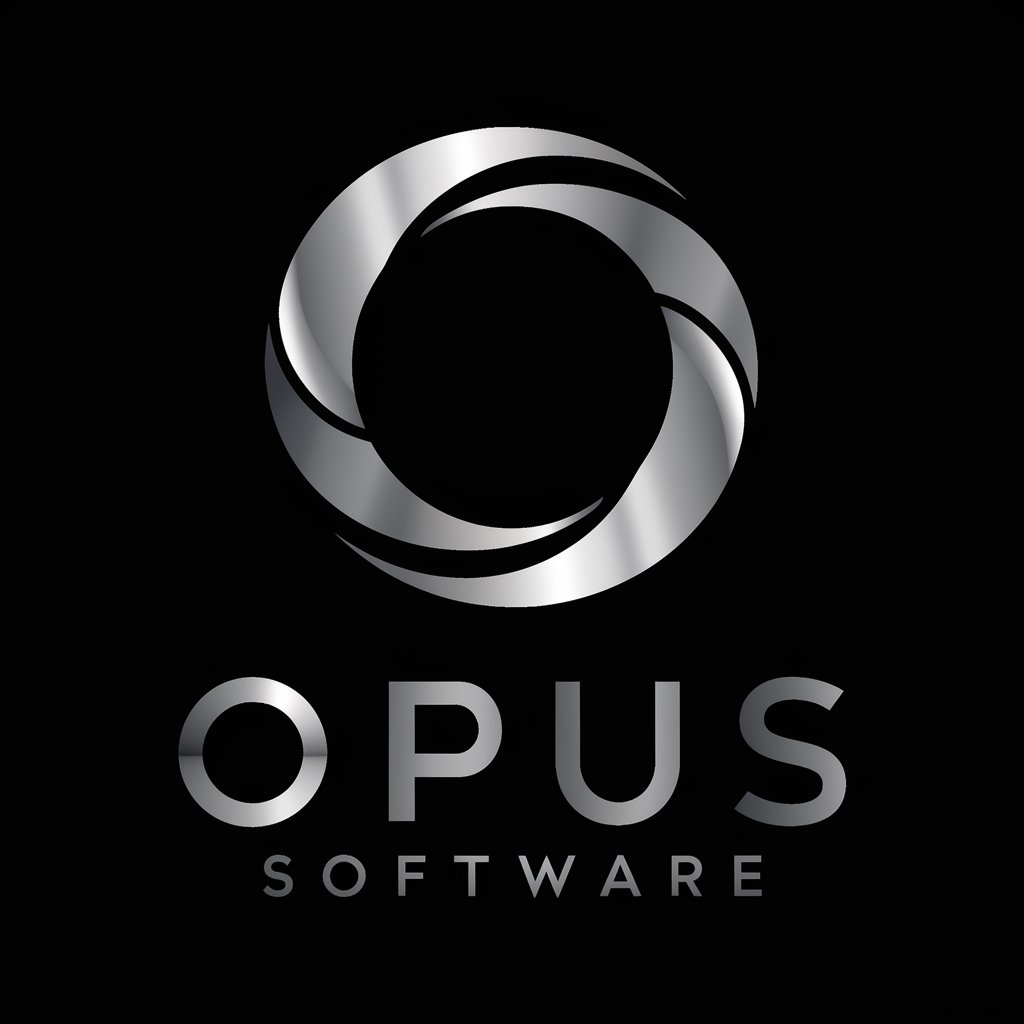
Learn with Projects!
Empowering learning through real-world projects
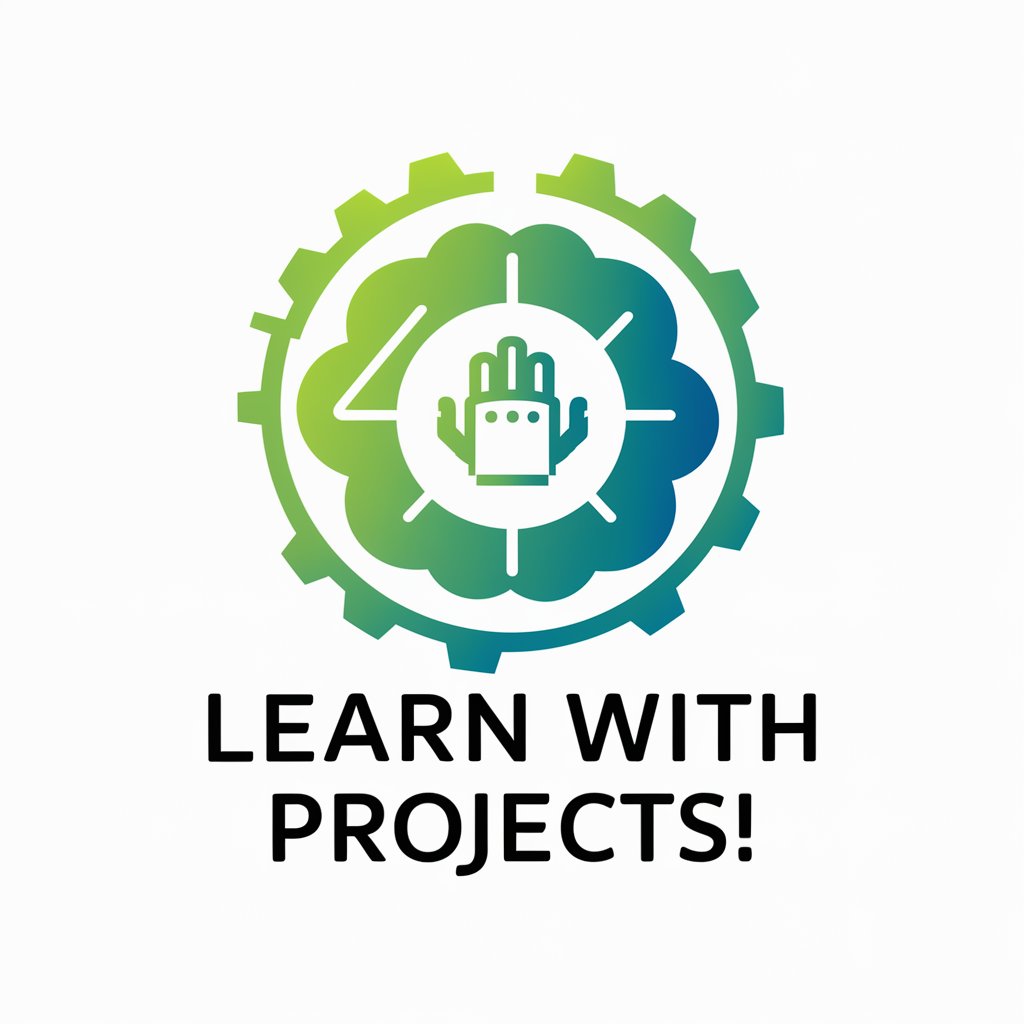
Python Projects
Empowering learning, one project at a time.
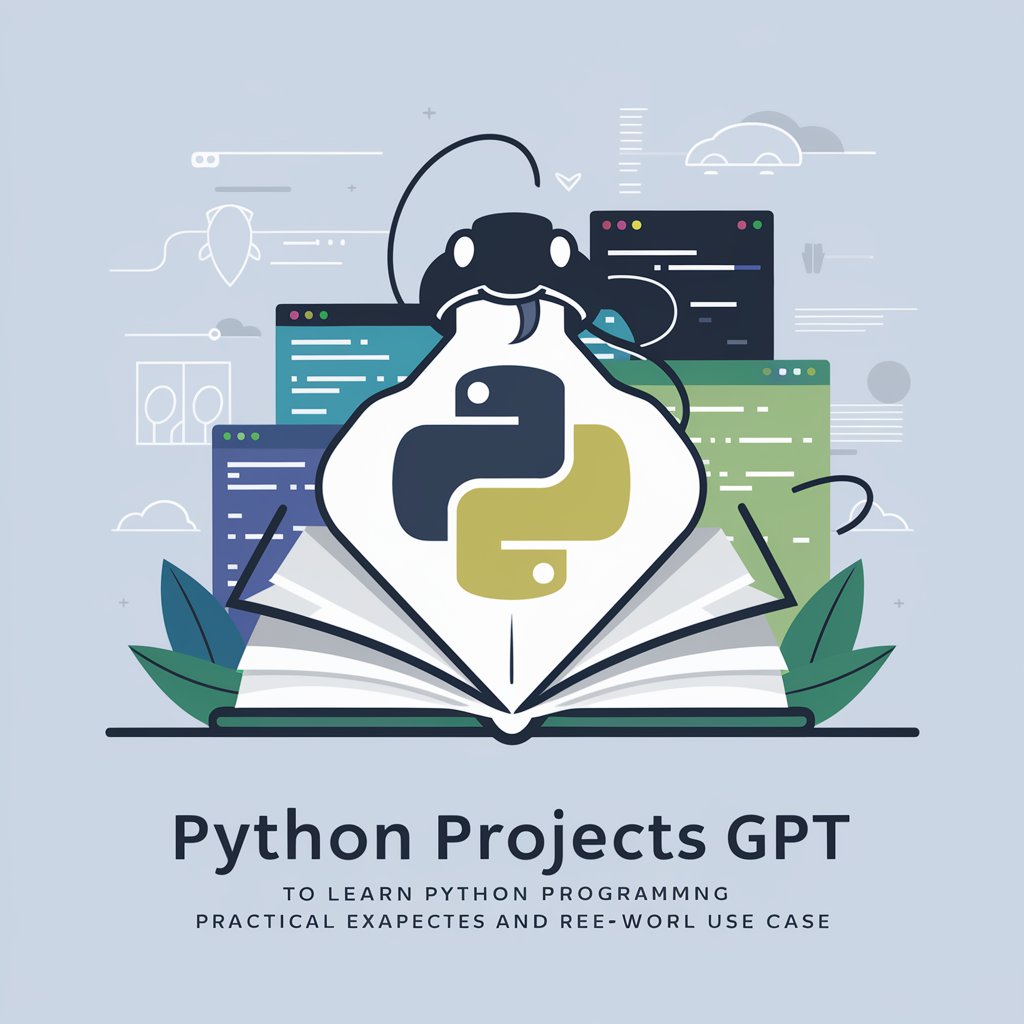
2 by 2
Elevate Leadership Skills with AI

2 Word 2 Story
Clarifying language, one pair at a time.
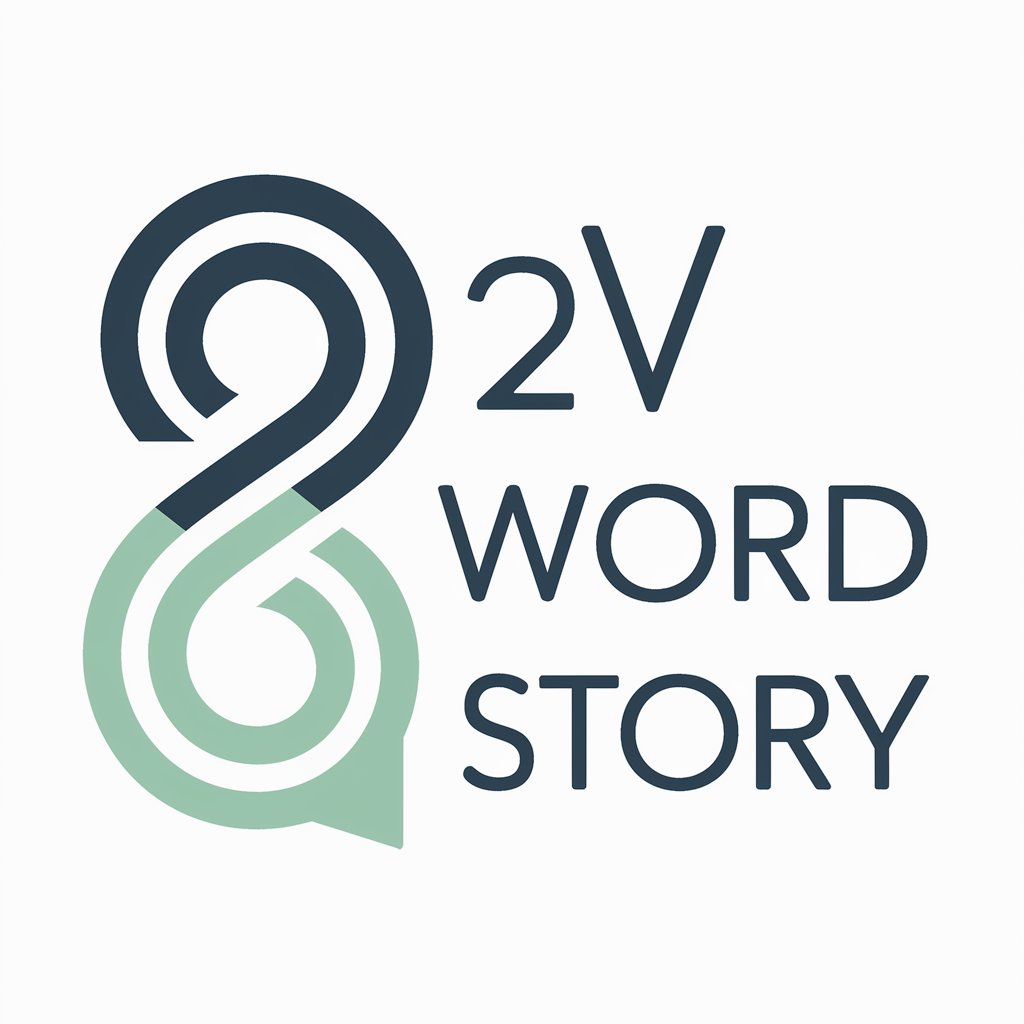
FAQs on Personal Inquiry Projects
What are Personal Inquiry Projects?
Personal Inquiry Projects are tailored educational activities or projects generated by an AI, designed to align with a learner's preferences, strengths, and educational objectives.
How does the AI determine suitable projects?
The AI assesses the learner's preferred learning style, interests, and educational goals to suggest personalized project ideas.
Can Personal Inquiry Projects support collaborative learning?
Yes, the AI can generate projects that encourage collaboration among learners, fostering teamwork and group learning dynamics.
Are there any technical requirements?
Access to yeschat.ai and a device with internet connectivity are the primary requirements. No additional technical skills are needed.
How can educators use these projects?
Educators can use these projects to provide students with customized learning experiences that cater to individual learning styles and objectives.
